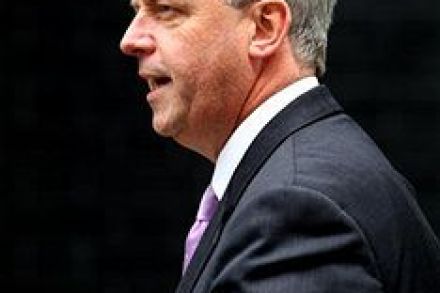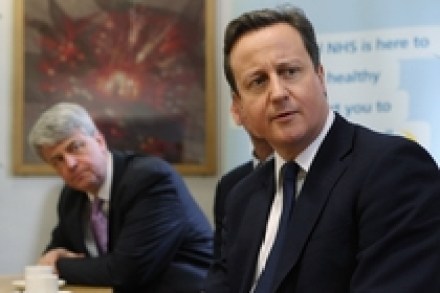Hardly a model of good government
What is going on with the government’s health reforms is highly unusual. Normally, once a bill has gone through second reading and committee stage in the Commons there are very few changes made to it. But the coalition is considering some fairly significant changes to the Health and Social Care Bill in a bid to make it more politically palatable. It is hardly a model of good government. This state of affairs provides ample opportunity for Ed Miliband to land some blows on the coalition, as he did in this morning’s speech delivered — symbolically — at the RSA, the new home of Blair’s former policy chief Matthew Taylor.


















